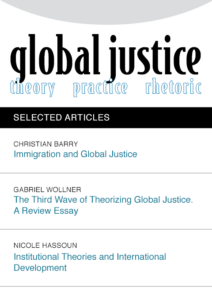By Julian Culp

When asking fundamental questions about education, philosophers have not shied away from giving radical answers. Jean-Jacques Rousseau, for example, who found himself disenchanted with the artificiality and pride that he encountered in 18th century Paris, advocated a laissez faire education in the countryside. Such an ‘education by nature,’ Rousseau thought, would keep children at bay from morally corrupt society and would allow them to become authentic and sincere persons. Similarly concerned with moral education, in the early 20th century the American pragmatist John Dewey argued that experiential learning in socially diverse settings would be crucial for nourishing democratic culture. Being a pragmatist, Dewey also maintained that educational philosophy should always concentrate on solving practical difficulties of contemporary social life, instead of dealing with idle intellectual puzzles. In this spirit, oriented towards educational practice, several philosophers of education and educational theorists have recently turned their attention to the ways in which education might help solving some of the pressing problems arising from globalization. This special issue of Global Justice: Theory Practice Rhetoric assembles the latest scholarship of some these philosophers and theorists on the topic of “Global Justice and Education” – a topic which until recently has been curiously neglected within the academic literature on global justice.
Published:
2019
DOI:
doi.org/10.21248/gjn.12.01.231
Online available:
www.theglobaljusticenetwork.org